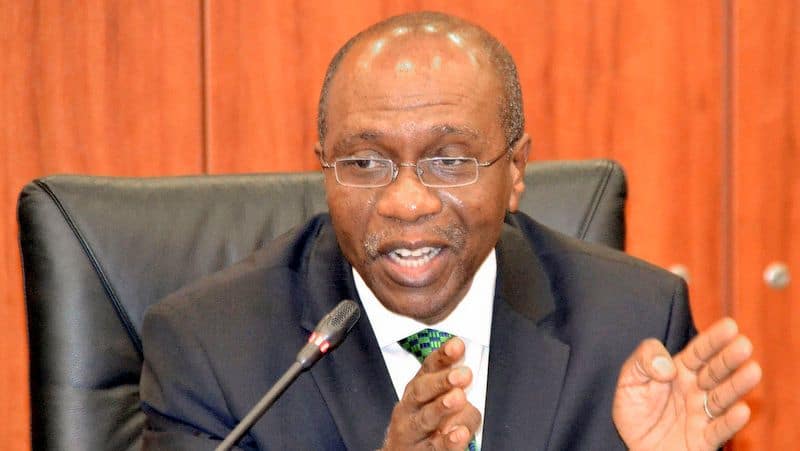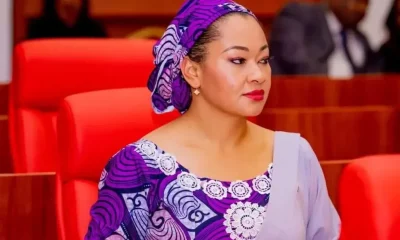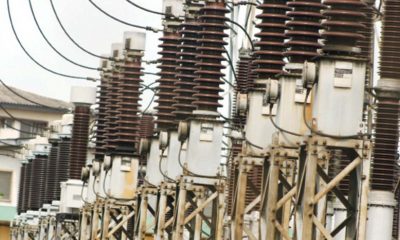Business
We Banned Cryptocurrency In Nigerians’ Best Interest – Emefiele

The Governor of the Central Bank of Nigeria (CBN), Godwin Emefiele, says the apex bank banned cryptocurrency in the interest of Nigerian depositors and the country’s financial system.
Emefiele made this known while briefing a joint Senate Committee on Banking, Insurance and Other Financial Institutions; ICT and Cybercrime; and Capital Market on Tuesday.
The CBN governor described the operations of cryptocurrency as dark, dangerous, and opaque, saying the use of cryptocurrency contravened the CBN Act of 2007.
He added that the fact that cryptocurrencies were issued by unregulated and unlicensed entities, made it contrary to the rules and regulations of the apex bank.
Emefiele noted that the secrecy behind cryptocurrency makes it suitable to use for those involved in illegal activities such as money laundering, terrorism financing, purchase of small arms and light weapons and tax evasion.
He said: “Cryptocurrency is not legitimate money because it is not created or backed by any Central Bank.
“Cryptocurrency has no place in our monetary system at this time and cryptocurrency transactions should not be carried out through the Nigerian banking system.”
According to the CBN boss, the ban of Cryptocurrency will not in any way, shape, or form affect the development of FinTech or a technology-driven payment system.
He noted that the Nigerian payment system had evolved significantly over the past decade, surpassing those of many of its counterparts in emerging, frontier, and advanced economies boosted by reforms driven by the CBN.
While urging that the issue of cryptocurrency be treated with caution, the CBN Governor assured that the Bank would continue its surveillance and deeper understanding of the digital space.
Emefiele stressed that the ultimate goal of the CBN was to do all within its regulatory powers to educate Nigerians on emerging financial risks and protect the financial system from the activities of currency speculators, money launderers, and international fraudsters.












